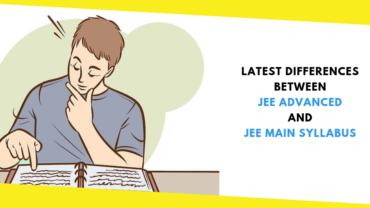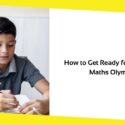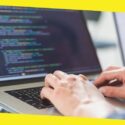Education Without Limits: Breaking Free from Traditional Learning

The conventional education system has been a mainstay in societies across the globe for a long time. Yet, as the world changes and technology are increasingly becoming a part of our daily lives, many are wondering if the present ways of learning are fulfilling the needs of today’s learners. Education no longer needs to be limited to the four walls of a classroom. Learning is now boundless, with limitless possibilities for growth and discovery. This article examines how freeing oneself from conventional learning models unlocks a universe of potential for students of any age.
1. Accepting Online Learning: Learning on Your Terms
Online learning has transformed the manner in which individuals learn, providing flexibility and access to a variety of courses from anywhere on the globe. With the advent of online platforms, students can take courses on virtually any subject, from computer programming to graphic design, from business management to history. The ability to learn at your own pace is a game-changer, especially for those who might struggle with traditional classroom settings. Whether it’s through video lectures, interactive assignments, or virtual discussions, online education enables learners to tailor their studies to fit their individual needs. This independent setting encourages personal responsibility and enables students to work towards their academic objectives without the pressure of strict timetables.
2. Alternative Qualifications: Non-Traditional Routes
For a lot of students, the traditional path to gaining a diploma or degree is just not the most suitable for them. Non-traditional routes are becoming more sought after as more individuals seek means of earning qualifications that are more specific to their individual or career ambitions. For instance, an online Ontario high school diploma provides a different route toward qualification for students who might not take the normal high school route. With the flexibility to do courses in a format that is adaptable to one’s lifestyle, alternative qualifications enable pupils to escape constricting forms of education yet still gain significant credentials. They offer equal access to success and lead to careers across a broad spectrum.
3. Experiential Learning: Application in the Real World
Perhaps the strongest means of dispelling conventional learning is experiential learning, when students learn through doing and experiencing rather than acquiring book smarts. This might take the form of hands-on internships, apprenticeships, volunteer work, or even travel programs. By directly interacting with real-world issues and situations, students can gain a rich set of skills that are unfortunately not learned in conventional classrooms. Experiential learning enables learners to comprehend the real-world application of what they study and builds critical thinking, problem-solving, and decision-making skills. Not only do these experiences prepare them for the labor market, but they also allow them to see the world differently, becoming more well-rounded and better individuals in the process.
4. Personalized Learning: Tailoring to Individual Needs
Each student is different, and standard classrooms typically do not respond to the specific needs and learning styles of every individual. Personalized learning lets students learn based on what will work best for them. That might be by employing adaptive learning technologies that can adapt to a student’s success or through project-based work that is based on their strengths. With personalized learning, students are able to progress through subjects and skills at their own pace, making sure they have a complete grasp of concepts before moving on. It gives learners the power to take charge of their education, gaining confidence and ability in the process. By putting the individual first, personalized learning makes the learning experience more inclusive and engaging.
5. Lifelong Learning: Continuous Development Outside the Classroom
Shattering the mold of conventional schooling also involves the acceptance of the concept of lifelong learning. Owing to accelerating technological, industrial, and social changes, constant learning has become imperative. Lifelong learning involves individuals in the constant acquisition of new skills, be it through formal schooling, self-learning, or professional training. The adaptability of contemporary learning systems makes it simpler than ever before to indulge in personal development at any age. Individuals can continue to acquire new languages, pursue creative arts, or acquire certifications to upgrade their professions. Not only does lifelong learning make people more competitive in the workforce, but it also makes their personal lives richer by enabling them to explore new interests and passions whenever they desire.
Conclusion
One-size-fits-all education is no longer a reality. The conventional way of going through a physical school, studying specific curricula, and obtaining a particular qualification is only one in a multitude offered to learners these days. Experiential learning, personal learning, and lifelong development, online learning, non-conventional qualifications, learning through experience – are all available ways to defy the limitations that come with the conventional system of education. These options provide a more personalized, flexible, and meaningful mode of learning, equipping the student with the skills necessary to thrive in an ever-changing world. With limitless possibilities to discover and expand, education now has no boundaries.
Recommended For You
Latest Differences Between JEE Advanced and JEE Main Syllabus
Most Inside
Most Inside offers high-quality recommendations and valuable updates to enhance all aspects of your life, providing premium guidance and enriching experiences.




